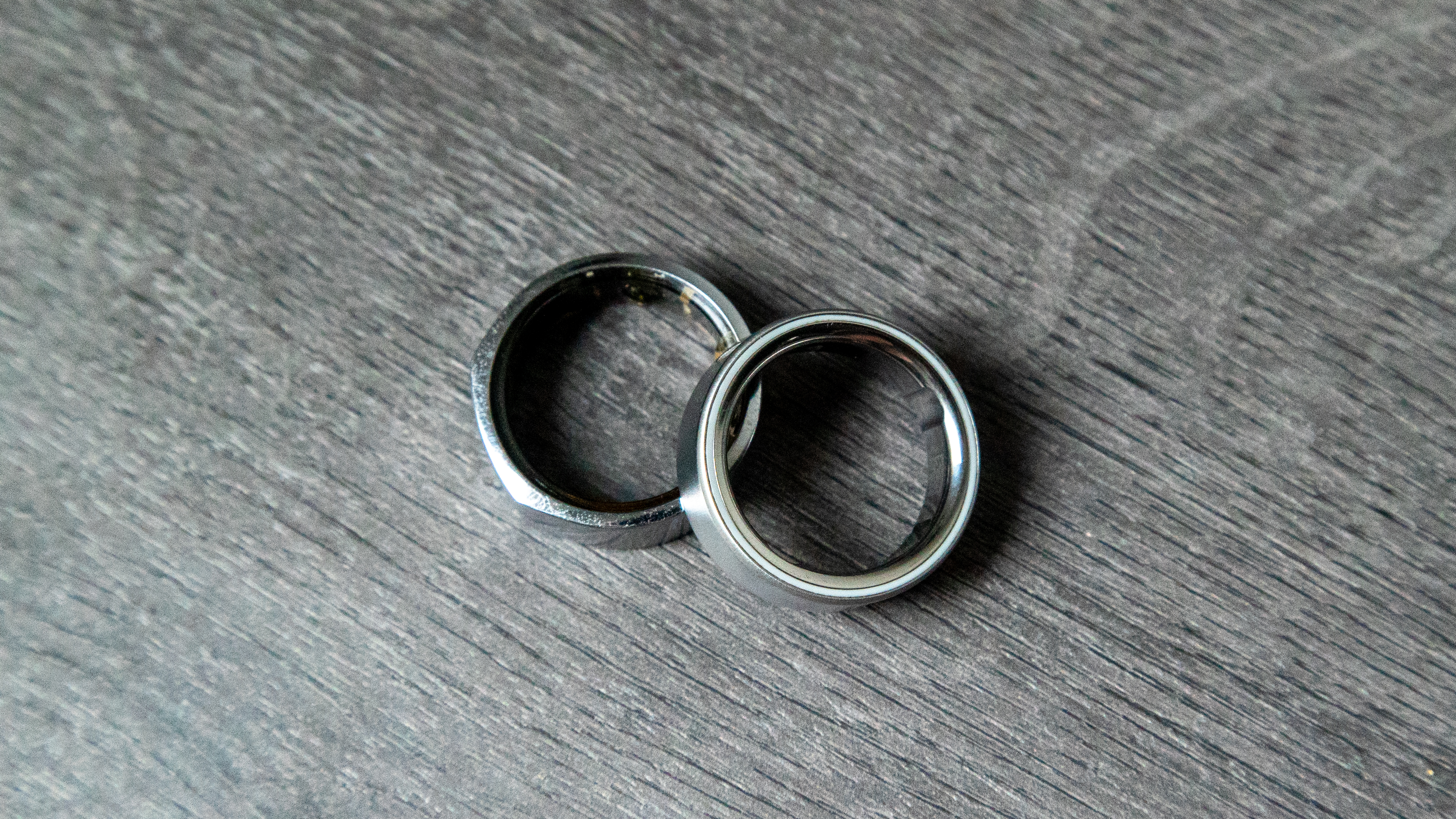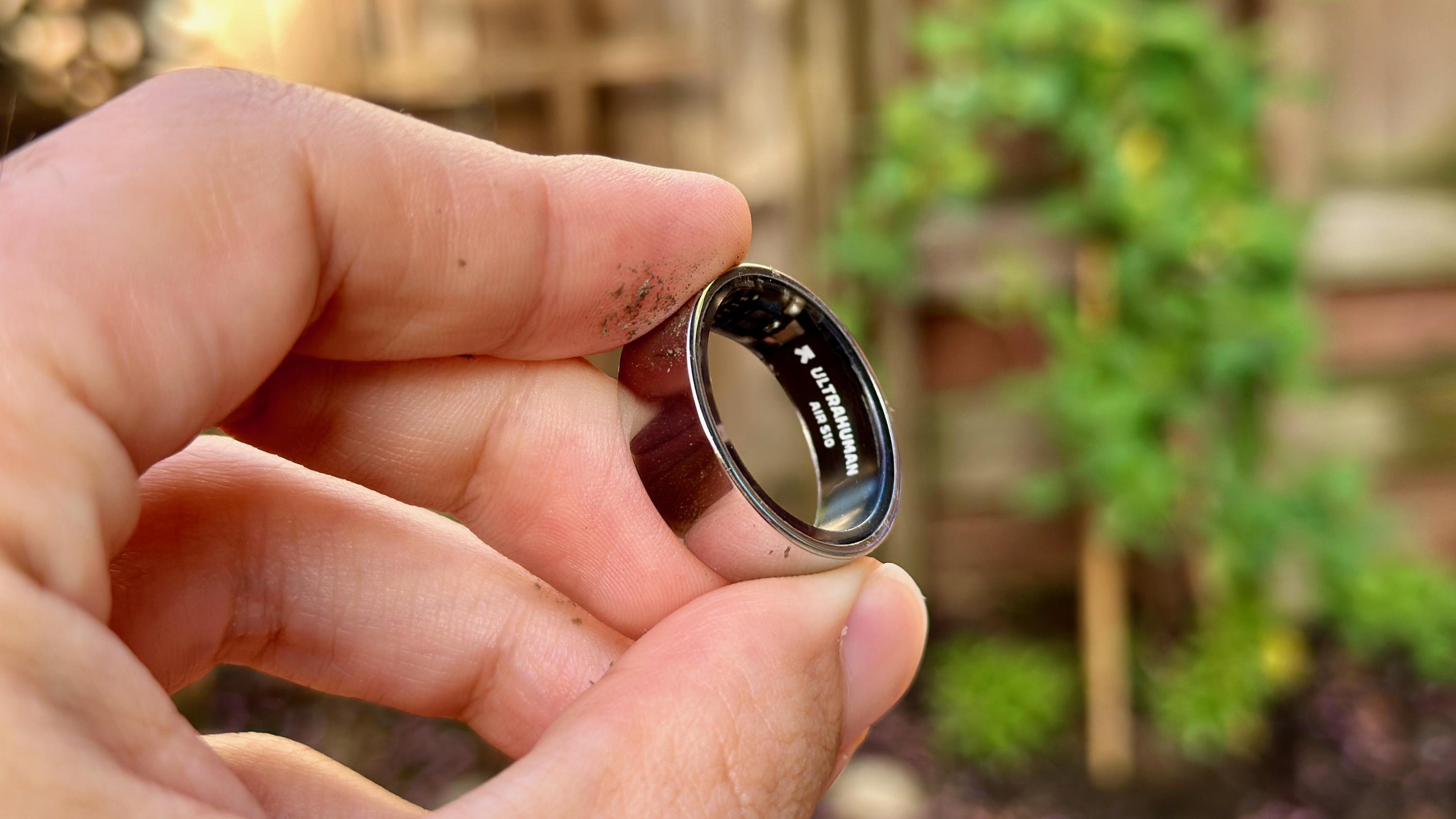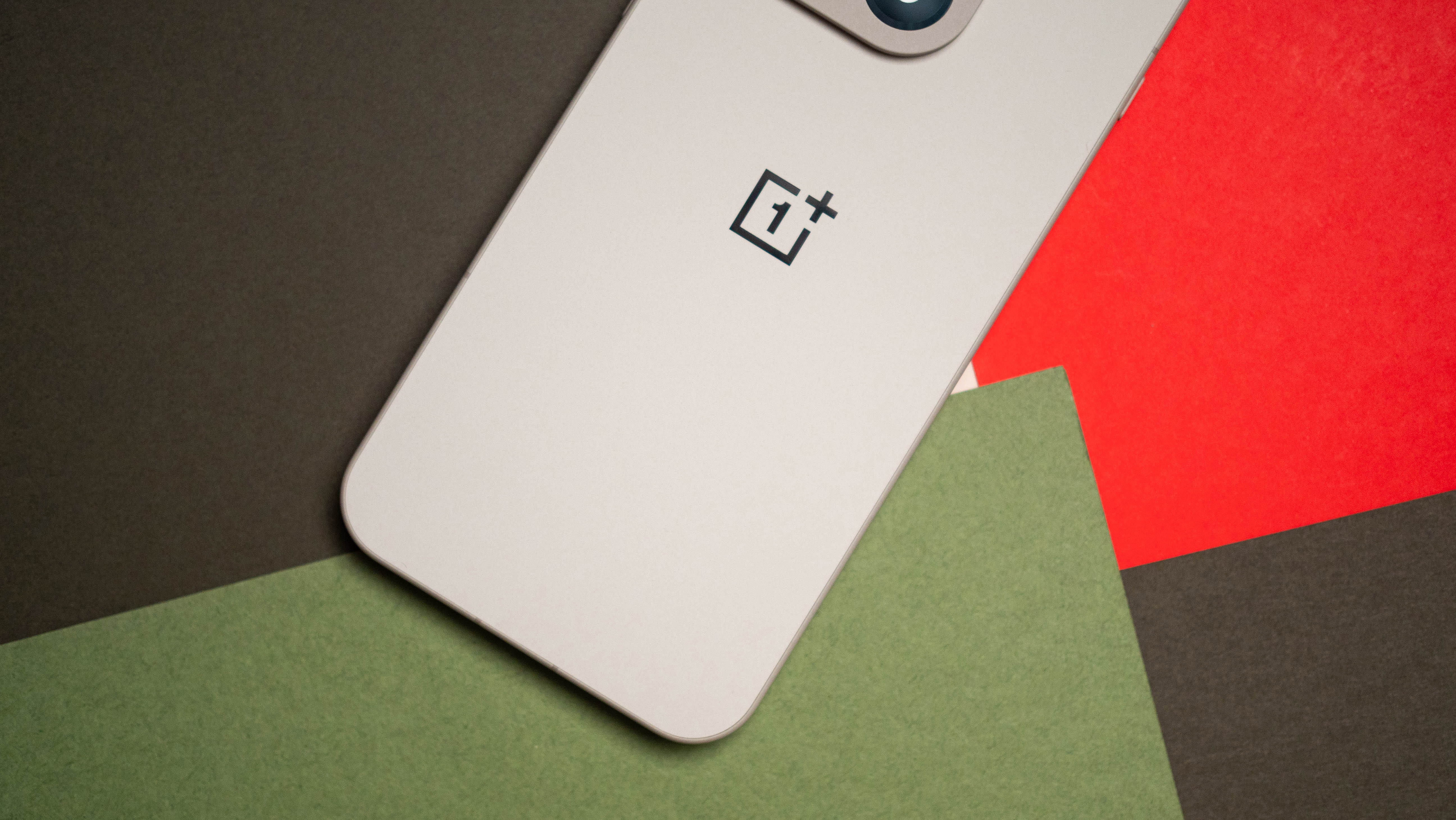Oura wins major US trade case against smart ring rivals
Oura says Ultrahuman and RingConn copied every part of every claim in its patent.

What you need to know
- The ITC has ruled in Oura's favor, saying Ultrahuman and RingConn straight-up copied its smart ring tech.
- Oura’s unique design, fancy curved battery, and slick sensors were at the heart of the fight.
- If this ruling sticks, both rivals could be kicked out of the U.S. market unless they revamp their rings.
In a landmark ruling that could shake up the wearable tech market, Oura has scored a big victory against rivals Ultrahuman and RingConn in a high-stakes patent fight.
The U.S. International Trade Commission (ITC) sided with Oura, finding that both companies infringed on key patents for Oura’s smart ring—meaning its competing rings could soon be banned from the U.S. market.
Oura has long dominated the smart ring space. But in recent years, competitors like Ultrahuman and RingConn have rolled out suspiciously similar-looking rings, prompting Oura to take legal action.

At the heart of the case is Oura’s dual-housing design, curved battery tech, and advanced sensors.
Oura argued that Ultrahuman’s Ring Air and RingConn’s Smart Ring ripped off these features, and after a deep dive into engineering schematics, CT scans, and even tear-down videos, the ITC agreed.
Ultrahuman’s sketchy moves backfire
Things got messy during the trial when Ultrahuman got caught faking evidence about a supposed U.S. manufacturing plant in Texas. Turns out, the company photoshopped Ultrahuman logos onto a third-party facility and altered internal documents to make it seem like the company made rings stateside.
The judge called Ultrahuman’s CEO “not credible” and slammed the company for “lack of truthfulness.” Oura even hired a private investigator to expose the deception.
Get the latest news from Android Central, your trusted companion in the world of Android
The ITC’s initial ruling recommends blocking Ultrahuman and RingConn from importing infringing rings into the U.S., and halting sales of existing stock.
What’s next? Possible U.S. import ban
If finalized, this could force both companies to either redesign their rings or exit the U.S. market entirely. That’s a big deal, considering America is one of the largest markets for wearables.
Oura didn’t mince words in its victory lap. In a blog post, the company said the ruling validates the strength of Oura’s intellectual property and makes it clear it'll protect what it built, down to every last algorithm and sensor-packed band of titanium.
Meanwhile, RingConn’s CEO admitted under oath that the company studied Oura’s rings, which probably didn’t help its case.

Jay Bonggolto always keeps a nose for news. He has been writing about consumer tech and apps for as long as he can remember, and he has used a variety of Android phones since falling in love with Jelly Bean. Send him a direct message via X or LinkedIn.
You must confirm your public display name before commenting
Please logout and then login again, you will then be prompted to enter your display name.
